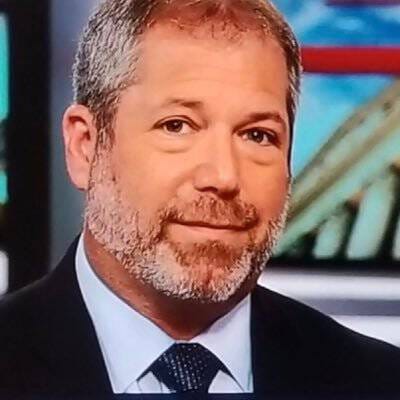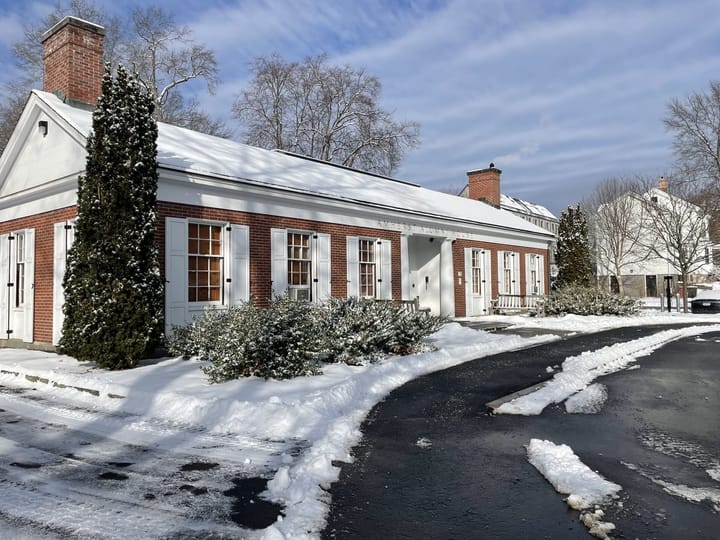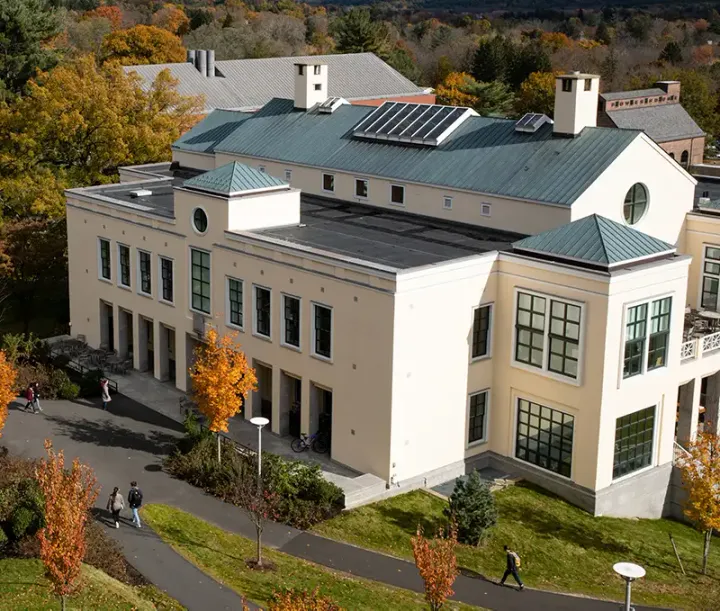Fresh Faculty: Mark Jacobson

Mark Jacobson is the John J. McCloy Professor of American Institutions and International Diplomacy. He holds a doctorate in military history from the Ohio State University, among other degrees.
Q: Can you tell me about your career before you started at Amherst? A: I originally wanted to teach history. I went to grad school and realized that I did not know much about the history I wanted to teach, which was military and diplomatic history, because I did not have the experience of being in the military or being a diplomat. I enlisted in the Navy Reserves and in the mid-90s spent some time in the Balkans, which gave me the opportunity to get a more thorough grounding and understanding of the people I was trying to teach. My passion for public policy brought me to D.C. in 1998 as a Presidential Management intern. Here, I gave a two-year probationary tour in government with the hope of extending into a career in civil service. I worked in the Pentagon, dealing with policy issues such as counternarcotics, counterterrorism and strategy. I shifted my focus to the War on Terror after 9/11, but resigned to finish my Ph.D. at Ohio State because I had not finished my dissertation in political warfare and propaganda. Upon completion, I went to Afghanistan for a year as an intelligence officer in the Navy Reserve in 2006. When I got back, I went to Capitol Hill and served on the Senate’s Armed Services Committee, working for then-Michigan Senator Carl Levin, while simultaneously balancing a career as a reservist. I went back to Afghanistan from 2009 to 2011 with General Stanley McChrystal and General David Petraeus as their foreign policy advisor and eventually took a role as deputy NATO [North Atlantic Treaty Organization] senior civilian representative to Afghanistan. Essentially, I was the number two for the “NATO Embassy” — which is in quotes because there was no NATO Embassy — and helped coordinate civilian aspects of war. All this time, I had a love for teaching. I wanted to bring the experiences I have had to the classroom because understanding history is crucial to making informed decisions.
Q: Can you talk a little bit about the classes you are teaching? A: Being the McCloy professor, I have the opportunity to teach what I really want to teach. One class I am teaching this semester is “The Modern American Experience of War Through Literature and Film.” Given the fact that our nation has been at war for two decades, it is important to understand the experiences of the young men and women who have fought in these wars. It is also important to grasp the horrific nature of combat in order to understand the generation that went to war. The way to understand is to look at what has been written and produced, whether it is memoirs or pieces of fiction written by veterans or historians. The other class I am teaching is “Strategy and the Art of War.” Strategy is fundamental to our understanding of conflicts and history, the way in which the United States develops approaches to national security and the philosophies of how we have problem-solved for foreign affairs and national security. This is essential to understanding how the government works and it will hopefully guide us to make better policy.
Q: What do you like about Amherst? A: I went to a Big Ten school, so campus reminds me of what a college should be like. Figuratively, it is a warm environment and it insulates me from the day-to-day life in D.C. that can grind you down. Walking through the quad evokes learning, teaching and discussing things.
Q: How does the Amherst community compare to other places you’ve worked? A: Amherst students are very sharp and have an intellectual curiosity and capability that makes [them] all fun to teach. Students understand that learning is not just about doing the readings but being critical of and questioning them. I love the fact that Amherst is truly a community. The students are interested and active about what campus is like while they are here and take an active interest in their education.
Q: What do you like to do in your spare time? A: I have a son, Max, who is a little over three. I am working on two books, so doing things with Max and my wife is my method of procrastination. With my experience in D.C., I am still a political junkie and you can frequently hear me listening to MSNBC or CNN if you walk by my office. I love travelling internationally, reading books and am a big fan of movies from the Marvel universe. Popular movies today can teach a lot about the subjects I am teaching on.
Q: Could you talk about the books you are working now? A: One book I am working on is based on my dissertation about propaganda and psychological warfare during the Korean War era. Another book that I am just beginning my research on is how different identity communities, such as Jewish-Americans, Muslim-Americans and the LGBTQ community, have used military service as a way to seek community validation.





Comments ()